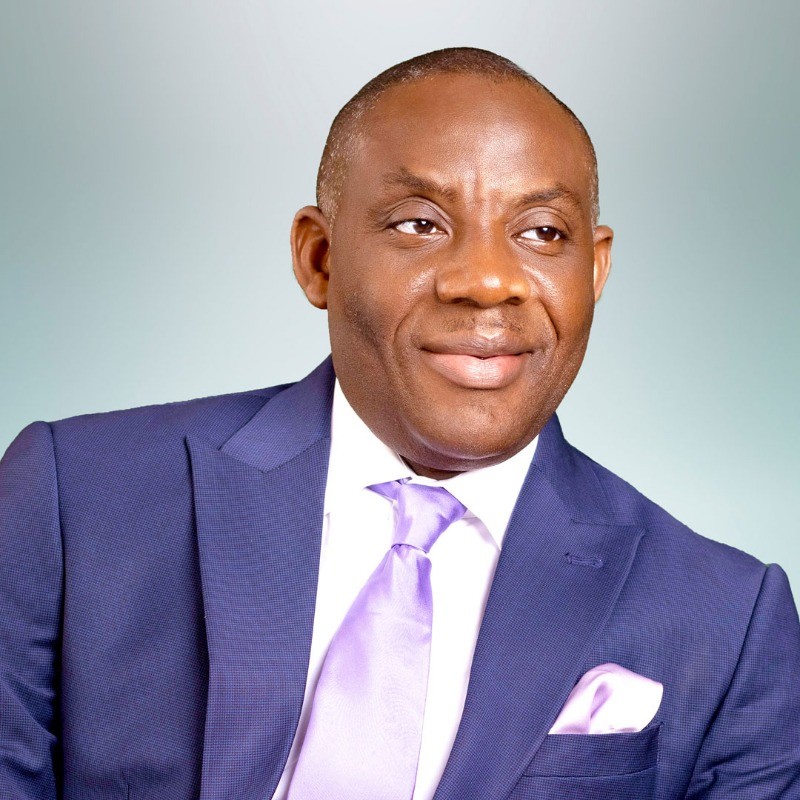This news was culled from daily trust

Dr Tunji Alausa
Alausa said this has impeded the country’s ability to make informed decisions, allocate resources effectively, and measure progress with accuracy.
The minister, who stated this on Monday at the inauguration of the Implementation Committee for the Nigerian Education Data Initiative (NEDI) in Abuja, said, “Today, we are saying unequivocally: this must change.”
“The Nigerian Education Data Initiative is our bold response to these longstanding challenges. Through NEDI, we are embarking on an ambitious journey to establish a centralised, harmonised databank with a unified platform that will consolidate all critical education data in Nigeria,” he said.
The minister explained that the databank would not merely house information but serve as the foundation for evidence-based decision-making and policy development, enabling the delivery of quality education that meets the aspirations of every Nigerian child.
On the timeline for the committee, he said, “You know, we expect that we’re building a robust database, and in fairness, some of those data are already available in a very disparate manner. We’re looking at the database to be built by the second or, at the latest, third quarter of this year. But before the third quarter of this year, when we can begin to analyze, aggregate, and disaggregate this data for planning and intervention purposes.”
Meanwhile, the databank will encompass a wide range of data categories that reflect the realities and complexities of our education system, which include school locations, physical infrastructure, and the availability of essential facilities -classrooms, libraries, laboratories, and ICT resources – will guide strategic investments, particularly in underserved regions.
Others are records of students, including their demographics, academic performance, and the integration of the NIN, which will enable them to monitor educational trajectories and implement targeted interventions where necessary.
Speaking, the Registrar of the National Examination Council (NECO), Prof. Dantani Wushishi, said from the examination they conduct and insight into the performance of candidates, they generate data every year from over 1.5 million candidates.
He said in 2023, they introduced an analysis of the standard performance of candidates by states, regional, states and individual performance.








